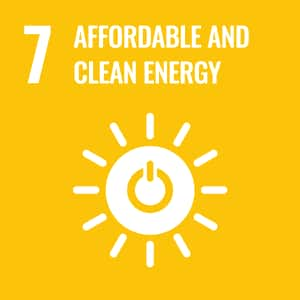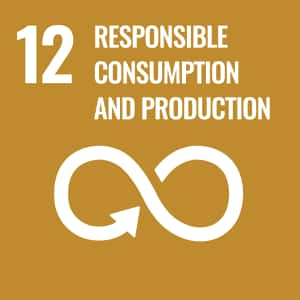2022/07/28
We will introduce the "Route Development Project," a project to review existing flight routes and create new routes for ANA's international flights, thereby contributing to a reduction in the amount of fuel required onboard, which in turn reduces CO₂ emissions.
What is a flight route?
A flight route is the path in the sky from the point of departure to the point of arrival, and the flight crew (pilot) operates the aircraft along the flight route. The number of flight routes varies from airline to airline, but there is basically only one flight route per flight for ANA domestic flights, while there are approximately 10 to 15 flight routes for ANA international long-haul flights.
On a daily basis, the flight dispatcher selects the most suitable flight route, taking into account the weather conditions and aviation information in each country, and prepares a flight plan. Approximately 1 hour and 40 minutes to 1 hour prior to departure depending on the route, the flight crew reviews the flight plan in the office and holds a briefing before proceeding to the relevant flight.
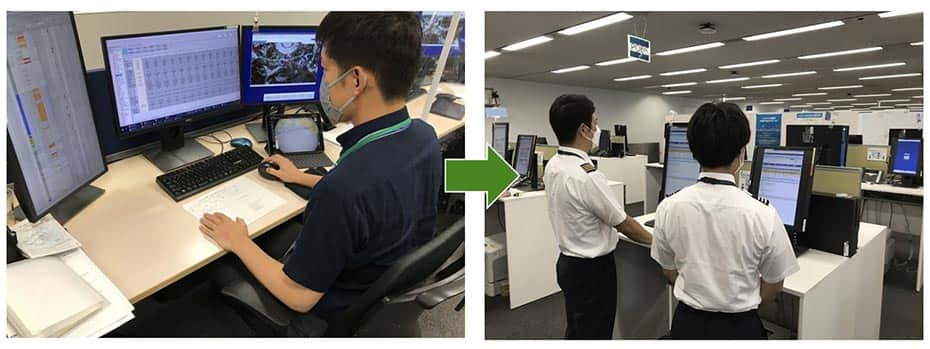
Flight dispatcher selects a flight route and create a flight plan.
- * We use Jeppesen's FliteDeck Pro.
Flight crew reviews the flight plan for the assigned flight and conduct a briefing before proceeding to the flight.
Launch of Route Development Project
Mr. Kinoshita joined ANA in 2017 as a mid-career hire, and utilizes his knowledge from his previous job as a flight dispatcher in the Operations Management Center, where he prepares and approves flight plans, monitors flights, and coordinates with other departments in the event of various risks (such as changes in destinations due to bad weather, equipment malfunctions, or sudden illness).
While dealing with flight routes on a daily basis, Mr. Kinoshita noticed that the flight time for flights from Houston to Narita and from Mexico City to Narita exceeded the scheduled flight time on average.
He thought that by reading the flight route regulations of each country, it might be possible to find a route that avoids headwinds, and he took actions to launch the "Route Development Project" in 2020, a project to review flight routes and create new flight routes.

Selection of flight routes
The Route Development Project focuses mainly on international long-haul routes where flight time exceed the average schedule, and reviews existing routes and creates new routes by reading and interpreting the regulations of each country.

In selecting flight routes, not only read the regulations, but also keep in mind the following points.
<Essential considerations for flight route selection>
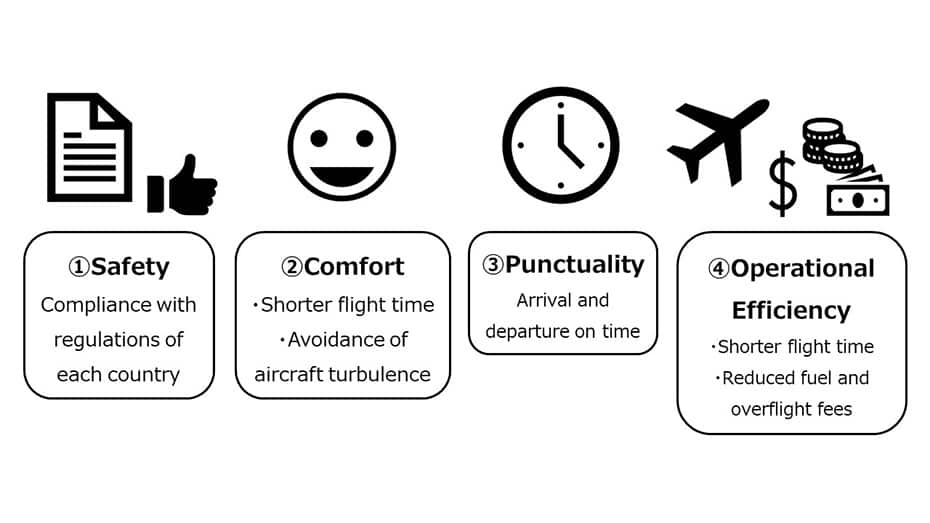
The flight routes selected based on the above considerations are finalized after ANA submits the new flight plans to the respective airspace control authorities for approval.
Route Development Project Results
The Route Development Project initiative has a variety of benefits, including shorter flight time, on-time arrivals, reduced fuel loading requirements, and reduced CO₂ emissions, which are good for the environment, customers, and ANA.
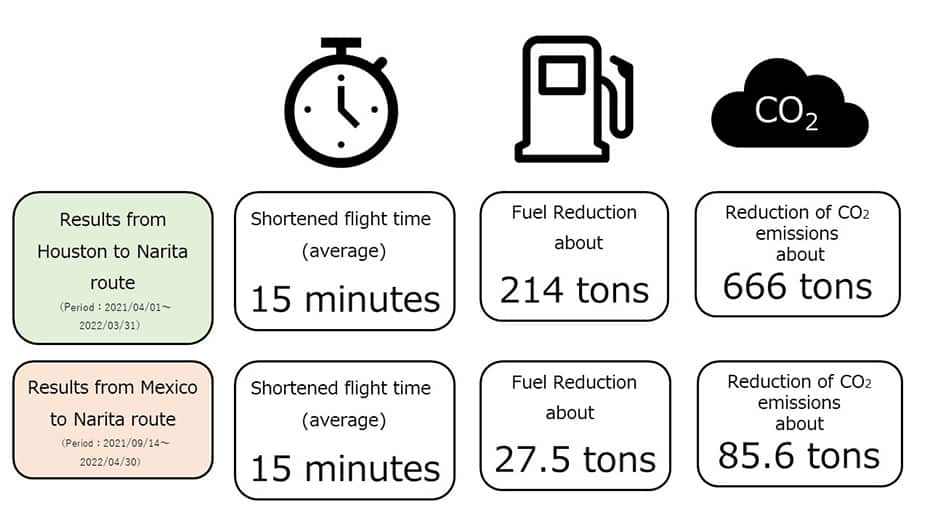
As a result of the reassessment of flight routes, the Houston to Narita route achieved an average annual reduction of 15 minutes in flight time, resulting in a fuel reduction of approximately 214 tons and a reduction of approximately 666 tons in CO₂ emissions. In September 2021, a new flight route was established from Mexico to Narita, which, like Houston, achieved an average 15-minute reduction in flight time in the first six months after establishment, resulting in a fuel reduction of approximately 27.5 tons and a CO₂ emissions reduction of approximately 85.6 tons.
Interview with the person in charge
We interviewed Mr. Kinoshita of the Operations Management Department, ANA Operations Management Center.

What is your outlook for the future?
While there are many rules in the airspace of various countries around the world, in some airspace, those rules are relaxing. For example, in the European and North American regions, it is becoming more common to fly direct routes between locations under certain standards instead of relying on air routes. In line with this trend, our project team is constantly looking for ways to create more efficient flight routes that will shorten flight time, reduce fuel consumption and CO₂ emissions, and provide ANA customers with a more comfortable flight experience.
